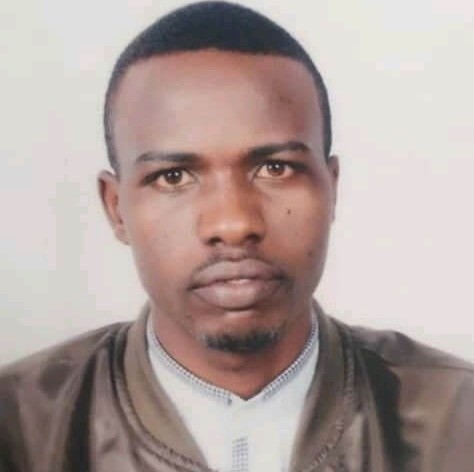What is your educational background?
I hold an MSc Railway Engineering (Traction and train control) from the Addis Ababa University. I have expertise in electrical and railways engineering. I also hold a bachelor’s degree, BSc Electrical and Electronics Engineering with an emphasis in Electrical Engineering from the University of Rwanda.
What is your current occupation?
In the beginning of March 2020 after my tertiary graduation from Addis Ababa University, I got a job from Rwanda Standards Board I am working as Electrical , Electronics and Telecommunication, IT & Multimedia Engineering Standards Officer, a national standards body (NSB), where I participate in standards development and dissemination for Electrical, Electronics and Telecommunication, IT & Multimedia Engineering. I am also the secretary of National Electrotechnical Committee (NEC) IN Rwanda. Standardization work involves participating in standards development such as their harmonization at regional level, for example, the East African Community (EAC) and their adoption at the international level such as at the International Organization for Standardization (ISO).
What or who got you into STEM?
In my high school education, I did Physics, Chemistry and Mathematics, which was my dream in my primary school. My mum motivated me to pursue sciences because she was a primary school teacher – she was always regretting that she did not do sciences in high school, as she dreamt to do engineering in university. She did not get the chance to enter university because she did normale primaire and it was not easy to enter university if your high school background was not in science. She gave me a mission of doing sciences so that I could study engineering and be able to explain to her what was happening in engineering, specifically in electrical engineering. She was curious about how electricity is generated. Finally, I got chance of doing Physics, Chemistry and Mathematics at Groupe Scholaire de Kabare and without difficulties I got the chance to enter University of Rwanda from my outstanding performance in the national examination.
What is the biggest challenge/barrier you have faced as an African in STEM?
From my high school education to tertiary education, the challenge I faced, was lack of experts and inadequate laboratories for practices and doing experiments, electrical engineering related, and this demotivates anyone who would need to pursue a degree in Electrical Engineering.
How do you think your background/upbringing has been beneficial in your journey/career?
My upbringing helped me to be unprejudiced and create a great network in skills and social-economic development .
How do you think we can start to change the narrative surrounding African contributions
to global STEM research & careers?
We need to do something – especially youth who are in STEM. We need to strengthen our education systems from primary education to tertiary education. STEM across all levels of education should be promoted at all levels. This will be done through identification and attraction of the most excellent and suitable students for STEM, increasing the capacity of STEM research centres and science schools. Strive for unity of Africans and development of the continent based on cooperation and trade aimed at positioning Africa internationally and increasing its self-reliance; this will include promoting the spirit of Pan-Africanism and following through on the initiated reforms for the sustainability of the AU.
What advice would you like to give to young, aspiring Africans in STEM?
Science and engineering is very key solution to climate change and sustainable development that we should address today. An estimated 2.5 million new engineers and technicians are required in sub-Saharan Africa alone to achieve the Millennium Development Goals and African Union agenda of 2050 of improved access to clean water and sanitation. To achieve such this, every young minded need to be attracted in engineering courses, also women numbers in STEM need to be increased in order to avail their ability in STEM.







